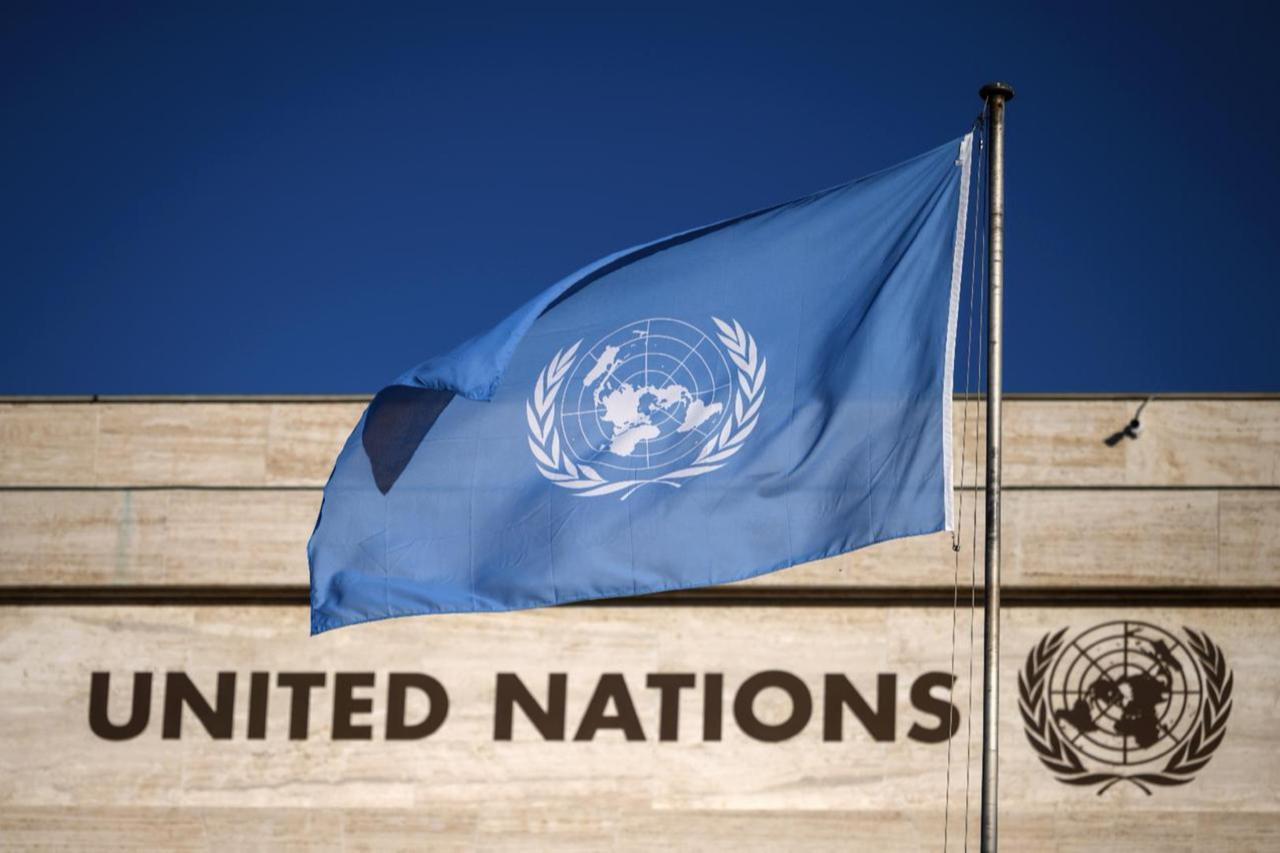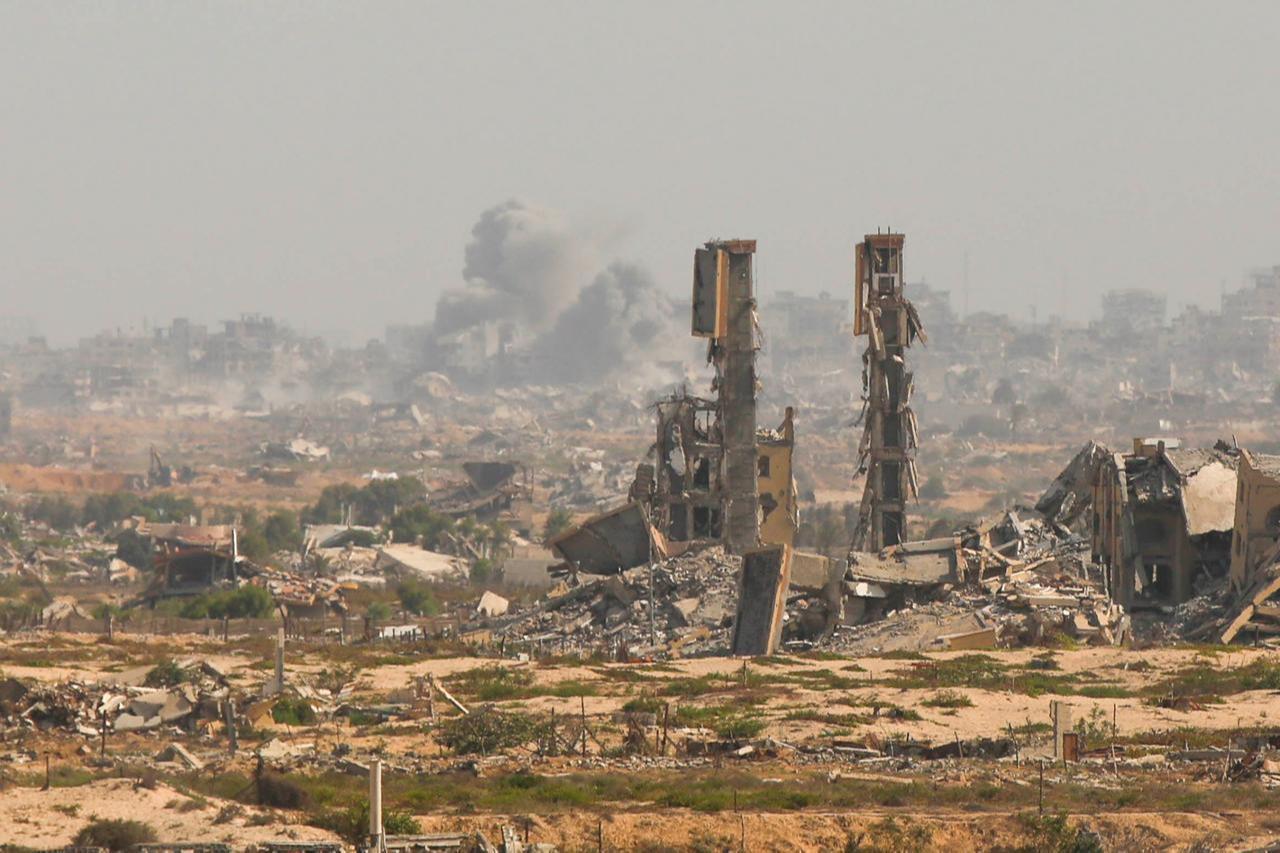
United Nations officials expressed cautious optimism Monday about indirect negotiations between Hamas and Israeli delegations in Egypt aimed at securing a prisoner exchange and ceasefire in Gaza, as the territory enters its second year of devastating conflict.
UN Secretary-General spokesperson Stephane Dujarric told reporters during his daily briefing that the organization hopes for positive results from the Cairo talks, which are being conducted under President Donald Trump's ceasefire framework.
"Now a window of opportunity has opened and we want this window to be evaluated to end this conflict," Dujarric said, referencing the destruction and suffering endured by civilians in Gaza over nearly two years of warfare.

The negotiations follow Trump's announcement of a 20-point plan on September 29 calling for the release of Israeli prisoners and a ceasefire in Gaza. Hamas accepted the prisoner exchange component on October 3, while indicating that other provisions required further discussion.
Both Hamas and Israeli delegations arrived in Egypt on Sunday to pursue talks on prisoner swaps and a Gaza ceasefire, according to official announcements.
Despite the diplomatic progress, Dujarric noted that while aerial bombardments have decreased in recent days, artillery fire and armed attacks continue across Gaza. Israeli restrictions on humanitarian aid delivery and distribution also persist, he said.
The UN spokesperson highlighted the severe overcrowding in southern refugee camps due to forced Israeli displacements. He noted that despite Gaza City being declared a dangerous combat zone with northward movement prohibited, some families are being forced to move north again.
Thousands of tons of humanitarian supplies remain loaded on trucks, awaiting clearance to enter Gaza from various regions, Dujarric said. "We are waiting for the green light to distribute humanitarian aid to Gaza," he added.
The UN spokesperson also addressed reports concerning the Global Solidarity Flotilla, which attempted to break Israel's blockade and deliver humanitarian aid to Gaza. Israeli forces intercepted the flotilla on October 1 as it approached Gaza waters, seizing dozens of boats and vessels and detaining hundreds of passengers.
When asked about reports that detained civilian activists from the flotilla faced torture, Dujarric responded: "We saw those reports, frankly very disturbing. We would like to see everyone in detention sent to their countries as soon as possible."
Released activists later reported that Israeli forces dragged Swedish citizen Greta Thunberg by her hair, beat her, and forced her to kiss the Israeli flag during detention.
The flotilla had set sail to challenge the Israeli blockade and deliver humanitarian assistance to Gaza's 2.3 million residents, who have faced severe shortages of food, medicine, and fuel throughout the conflict.
As diplomatic efforts continue in Cairo, the humanitarian situation in Gaza remains critical, with UN agencies calling for sustained access to deliver life-saving aid to the civilian population.